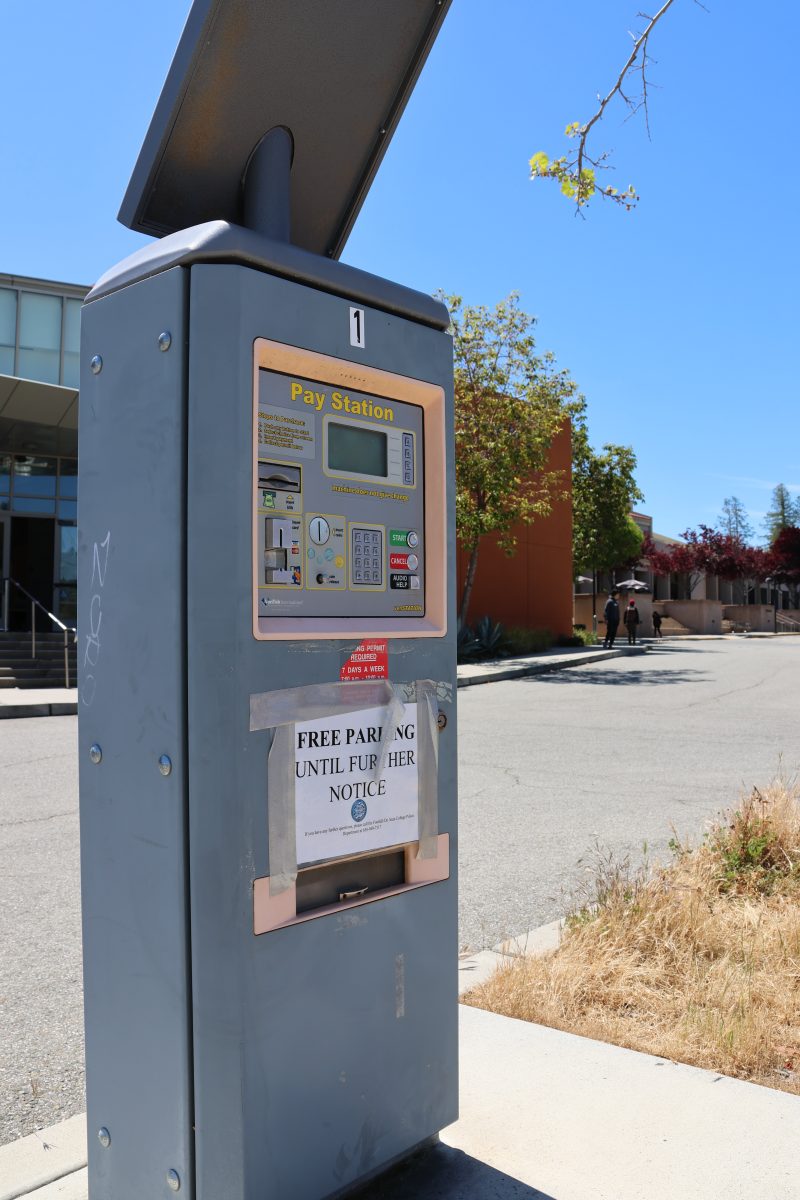LOL OMG U LIKE DID U GO THEIR WIT THERE FRIENDS?!
No, I did not go THERE with THEIR friends, but thank you for yelling your question at me.
“Netiquette,” or mannerisms over digital lines of communication, has become more of a necessity than ever before. In the last decade, Internet media alone has become ingrained in society with the advent of instant messaging, social networking, online gaming, live video chat and cell phones. For some reason, these mediums of correspondence seem to be regarded as impersonal, inhuman and altogether automated. However, the complete opposite is true – when you send that IM to another digital persona, there is a living, breathing human at the receiving end. Therefore, it is imperative to observe respectful behavior as if that person were conversing with you directly.
In a 2006 report, the International Association for the Development of Internet Security defined the term netiquette as “a body of conventions and manners for using the Internet as a tool for communication or data exchange, practiced or advocated by a group of people.” Beyond just being coherent, there are certain methods that one should follow while engaging in any sort of digital communication, whether conferencing over Skype or typing an e-mail.
I used to work in a production plant where we would constantly communicate via e-mail. My supervisor would always reply to messages in all capital letters, as if she were yelling everything from instructions to thank yous. I later found out that she was afraid that her grammar and capitalization were wrong, so it was easier to type everything in the same case. Regardless, the impression she gave to message recipients could have been misconstrued, leading to more than just grammatical errors.
It is vital to keep a professional online presence, but maintaining a personal one can be more difficult. Interaction in the 21st century is a blending of online and offline communication. For instance, you may talk with your girlfriend over instant message to set up a meeting and then subsequently come together in person. This brings into question how one should behave in both the online and offline worlds, and what kinds of actions are appropriate for each.
Ilana Gershon’s new book “The Breakup 2.0” is an exploration of utilizing modern media for classical relationship interaction. Facebook, AOL Instant Messenger and text messaging are all mediums in which we communicate with others. Gershon argues that the largest problem with these media is that audiences are not taught how the etiquette works on them. For instance, texting a breakup message to a former lover is not the best way to go about it; this is a personal message and needs to be delivered in a personal manner: face-to-face. As a general rule of thumb, if you hesitate to send a text for fear of the reaction, you should probably relay the message in person.
“A lot of the educational work on new media is focused on intellectual property rights or privacy instead of netiquette,” said Gershon in an interview with The Chronicle of Higher Education. “There’s no forces pushing people to standardize, and it definitely makes breaking up more confusing.”
By living in tandem with manners and technology, both professional and personal relationships can be strengthened. It is ignorant to think that there is no need to see someone in real life and it is equally as foolish to think electronic communication can be completely ignored as well. Harmonizing both these aspects of one’s life will garner respect, admiration and quite possibly a new friend.








